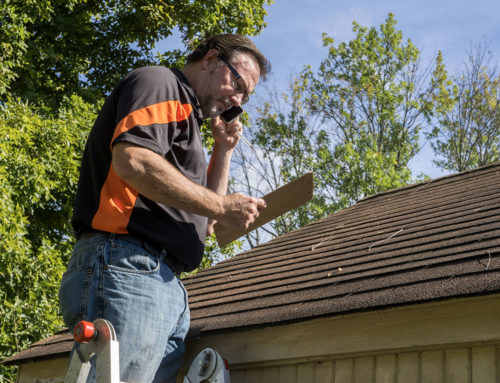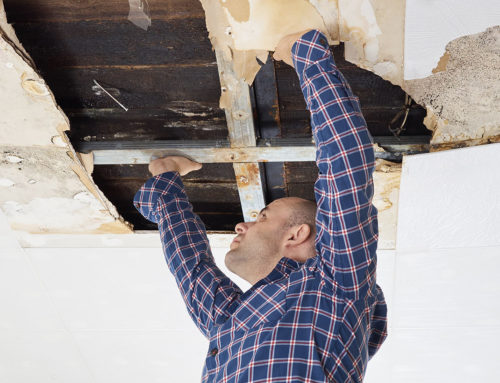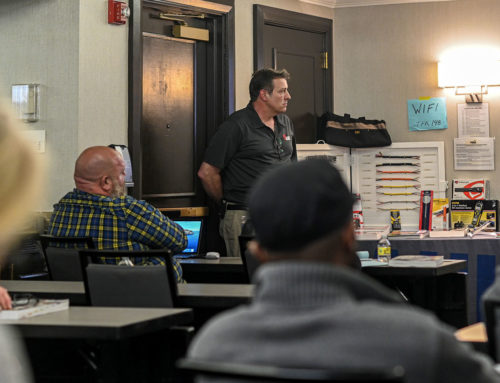
Performing Winter A/C Inspections
Winter inspections create a number of issues for home inspectors, one of those being the AC unit. Fortunately, there is an effective strategy for handling this issue.
The main obstacle in reviewing the A/C is the outdoor temperature. As we all know, you should not operate an A/C unit (or heat pump in the cooling mode) when the outdoor temperature is below about 60°F or risk damaging or “slugging” the compressor. The problem is that the refrigerant may begin to condense (become liquid) within the compressor and damage or ruin the valves, piston, etc. Liquids are not compressible and the compressor is designed to compress gaseous refrigerant not liquid refrigerant.
Some higher end compressors in cold climates have a small heating element in the base of the compressor to help alleviate this potential problem. You might run across one and not even know it. The next time the condensing coil and compressor are covered with snow, look at the base of the compressor and see if the snow is melting. This is the little heating element doing its job. Most people do not disconnect the power to their a/c unit in the winter they just move the thermostat from cool to heat. That leaves the power to that little heating element.
You want to be sure your client understands that it wasn’t that you didn’t want to operate their A/C unit, but it was that you couldn’t. Be sure to “inspect” the unit for all other issues as defined in the inspection report. Just don’t turn it on! Blame it on basic physics if you must blame it on something. We always recommended that our clients purchase a Home Warranty, which nowadays is supplied by the Seller typically. That way if it doesn’t work come summertime, the Home Warranty will make the necessary repairs to the AC unit.




